ND-ECI Brown Bag Seminar: Michael Cramer
Title: Peromyscus Ecology: A Story of Two Similar yet Different Species.

Deer Mice (Genus Peromyscus) are essential components of forested ecosystems, playing key roles as prey for…
Wednesday, February 6, 2019
Title: Peromyscus Ecology: A Story of Two Similar yet Different Species.

Deer Mice (Genus Peromyscus) are essential components of forested ecosystems, playing key roles as prey for…
Friday, February 8, 2019
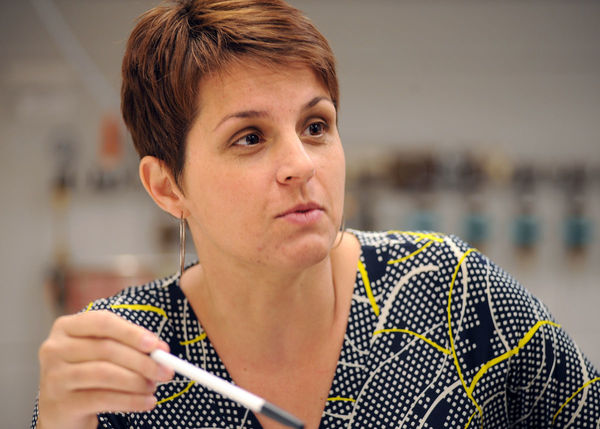
Professor Jennifer Tank is the Ludmilla F., Stephen J., and Robert T. Galla Professor of Biological Sciences and…
Monday, February 11, 2019
The Sustainability Expo (previously titled Undergraduate Sustainability Research & Education Expo) has been expanded to provide all students (undergraduate and graduate) with information and valuable resources about professional development opportunities in the…
Friday, February 15, 2019
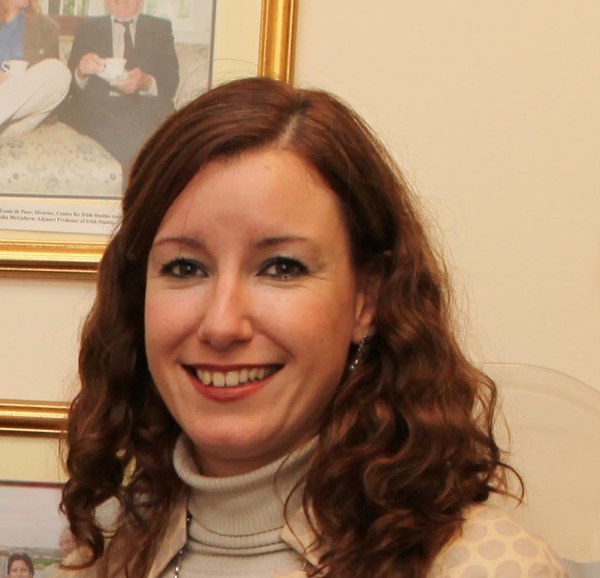
Nessa Cronin, Lecturer in Irish Studies and Associate Director of the Moore Institute for Research in the Humanities and Social Sciences, NUI Galway, will speak on "Climate Crisis and Irish Environmentalities in the Capitalocene."
Dr. Cronin will bring the Irish experience to bear on the current climate-change debate. She will focus on the need and implications for a new dialogue, a new vocabulary, and new ways of being in this “age of the 6th extinction.”
Monday, March 4, 2019
 Christopher Thompson
Christopher Thompson
Laudato Si’ called the Catholic community to an ecological conversion, a reorientation of our habits of mind toward a…
Tuesday, March 5, 2019
Kimberly Van Meter, Assistant Professor Department of Earth and Environmental Sciences, University of Illinois at Chicago

Title: Signatures of Human Impact: Land Use, Legacies and Long-Term…
Wednesday, March 6, 2019
Title: Nothing to Fear: Environmental Change in the Absence of Large Carnivores.

While often treated as more of an aesthetic or ethical issue, widespread reductions or eradications of large…
Welcome to the Anthropocene. For the first time, fossil fuel-burning humans have become the prime drivers of the planetary climate. We have left behind the relatively stable pattern of natural variability that governed the environment in the Holocene epoch, beginning some 11,700 years ago. How do…
Monday, March 18, 2019
Title: The Nature Conservancy's Aquatic Invasive Species Program, Science Informing Management.

The Laurentian Great Lakes are one of the most heavily invaded freshwater…
Wednesday, March 20, 2019
The Center for Informatics and Computational Science invites you to attend Jeffrey Shaman’s seminar entitled, “Forecasting the Growth and Spread of Infectious…
Friday, March 22, 2019
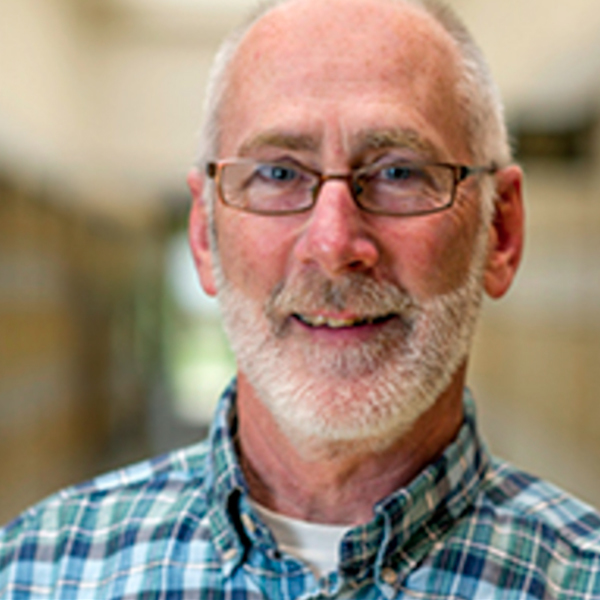
Patrick Regan is a professor of Political Science and Peace Studies and the Associate Director of the University of Notre Dame Environmental Change Initiative for ND-GAIN,…
Wednesday, March 27, 2019
Title: Household Preferences for Sea Level Rise Adaptation Plan in Florida.

Abstract: Accumulating evidence indicates that global sea levels have been rising at an accelerating rate. This trend,…
Friday, April 5, 2019
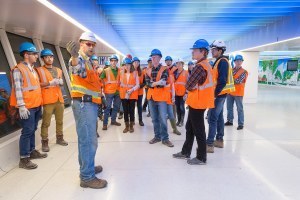
This workshop will bring together experts and researchers across a set of interdisciplinary fields to discuss the state of the art in assessing…
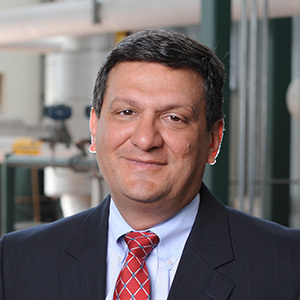
Paul Kempf is the Senior Director of Utilities and Maintenance at the University of Notre Dame, and as part of the University’s comprehensive sustainability strategy, serves…
Saturday, April 6, 2019

This workshop will bring together experts and researchers across a set of interdisciplinary fields to discuss the state of the art in assessing…
Monday, April 8, 2019
On Monday, April 8, 2019, at 4pm, Dr. Linda Prokopy will give a talk in 312 DeBartolo Hall, as part of the GLOBES Scholar Series of Talks Intersecting Environment and Society.
“Moving the Needle on Adoption of Conservation Practices in Midwestern Agriculture: Land…
Tuesday, April 9, 2019

Paul Greenberg is the James Beard award-winning author of the New York Times bestseller and Notable Book Four Fish: The Future of the Last Wild Food…
Monday, April 15, 2019
Title: Radar Aero-ecology: Monitoring Aerial Wildlife in a Changing World

Rapid anthropogenic environmental…
Tuesday, April 16, 2019
Dr A. Atiq Rahman is a global leader in the fields of sustainable development, environment, poverty and climate change. In 2008 he received the UN ‘Champion of the Earth’ award for his distinguished leadership in global environmental issues. As one of the lead authors of the Intergovernmental Panel…
Thursday, April 18, 2019

Title: Weather, Conflict and Crime in India
Tuesday, April 23, 2019

Title: Temperature Sensitivity of Ecosystem Carbon Flux
Monday, April 29, 2019

Title: Assured Information Distillation in Social Sensing
Thursday, May 2, 2019

Join the Environmental Change Initiative on Thursday May 2 for their first Science at Sunset for 2019. Michael Cramer will be presenting a lecture titled: The Deer Mouse: Portrait of a Misunderstood Mammal
Saturday, May 4, 2019

Come join ND-LEEF to learn about the natural history of bald eagles, their recent comeback and how they became one of our national symbols. Following the presentation, spotting scopes and binoculars…
Wednesday, May 15, 2019
 Lisa Sideris
Lisa Sideris
Discourse on the relationship between science and religion frequently invokes the language of wonder, and Anthropocene discourse is no exception.…
Thursday, June 13, 2019

Join the Environmental Change Initiative on Thursday June 13 for their first Science at Sunset for 2019. Phil Stepanian will be presenting a lecture titled: Cloudy with a chance of migration: Using weather radar to track the incredible flights of birds, bats, and bugs
Wednesday, September 11, 2019
Title: Natural hazards and internal migration in Bangladesh: The role of transient versus permanent shocks.

Abstract: We examined whether floods and cyclones, which can be considered as transient…
Monday, September 16, 2019
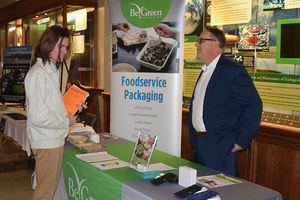
This new time frame allows us to align the event with…
Tuesday, September 17, 2019
“Research Uncorked” is a monthly speaker series at Ironhand co-hosted with Notre Dame and featuring casual talks by leading scholars and scientists from the university. In September, we’re pleased to welcome Jennifer Tank, Galla Professor of Biological
Sciences and director of the Notre Dame…
Wednesday, September 18, 2019
Title: Turbulence and hurricanes: Using simulations to look where experiments can't.

Abstract: In the environment, air and water transport a wide variety of constituents,…